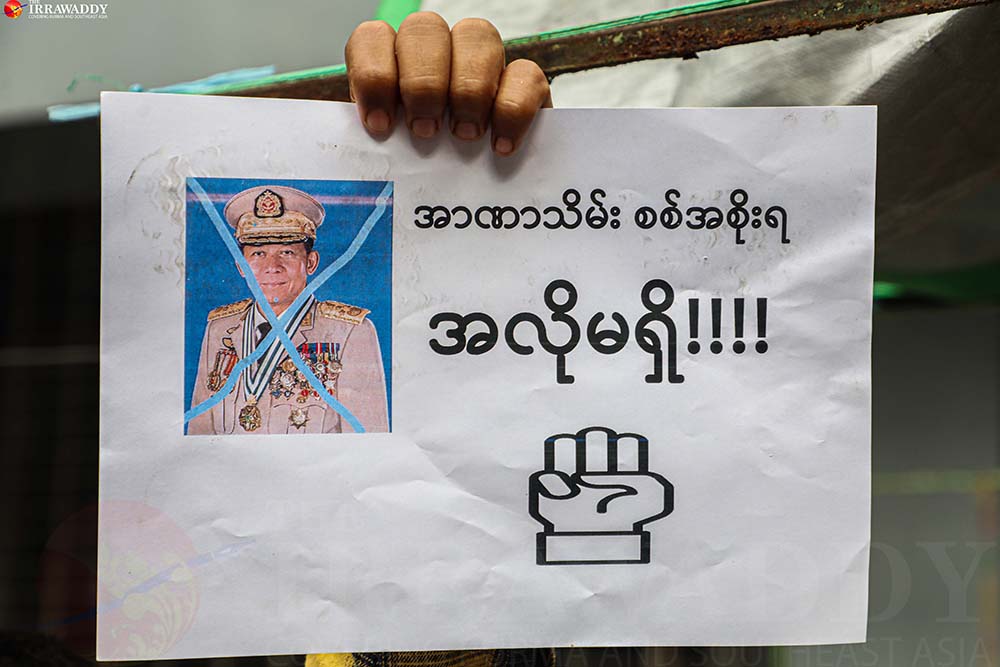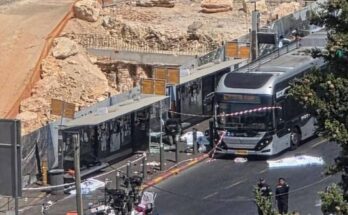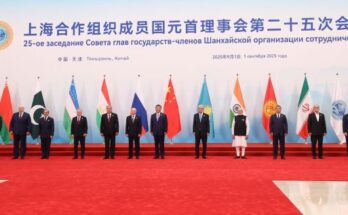
Team News Riveting
Myanmar rose up in defiance on Sunday, with tens of thousands of people thronging the streets of major cities to stage peaceful protests against the country’s latest military coup and the arrests of President U Win Myint and State Counselor Daw Aung San Suu Kyi.
The Southeast Asian country has experienced four military takeovers since its independence from the British in 1948. The previous military regime ended in 2011.
The popular protests against the recently imposed military rule began to gather steam on Saturday in the country’s business hub, Yangon, before spreading to other cities on Sunday, from Kachin’s jade town of Hpakant in the north to the capital Naypyitaw, Mandalay, Magwe, and the UNESCO World Heritage city of Bagan in central Myanmar, to Myawaddy, a border town in the country’s south. There were also marches in Pathein in the Irrawaddy Delta and the ruby town of Moegyoke.
In Yangon, the epicenter of the opposition, protests in Hledan near the Yangon University campus and downtown, initially organized by workers and students, were soon joined by tens of thousands of people from every walk of life—from university students to government employees to housewives—starting on Saturday afternoon. Many held placards reading “Free Daw Aung San Suu Kyi and President U Win Myint!”; signs emblazoned with “I Voted NLD: Respect Our Votes” and “Down With Military Dictatorship!” were also common sights.
Since Saturday, the city has resounded with chanted slogans such as “Down With Military Dictatorship!” as protest columns marched down to Hledan and downtown from other parts of the city. They waved the flags of Daw Aung San Suu Kyi’s National League for Democracy (NLD) and student unions, and shouted “Good Health to Mother Suu” (referring to Daw Aung San Suu Kyi) through their facemasks—COVID-19 remains a threat in the country—while raising three fingers in a defiant salute borrowed from the “Hunger Games” films. Bystanders returned the salutes. Drivers honked their car horns to show their support for the protesters and their opposition to the coup.
Historically known for its total lack of tolerance for popular protest and its willingness to crack down on them brutally, as it did in 1988 and 2007, the military regime has been unusually unresponsive so far, though riot police have been deployed heavily near the protests.



